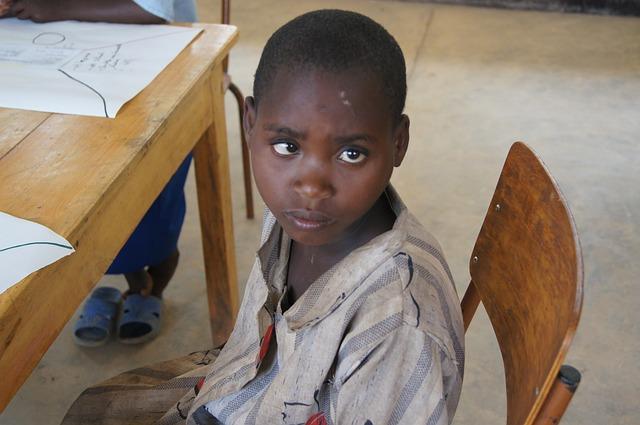Rwanda, a nation that has emerged from the shadows of its tragic past, is increasingly asserting itself as a formidable player in the realm of African geopolitics.Over the past two decades, the Rwandan military has evolved into a key actor on the continent, engaging in peacekeeping missions, regional security initiatives, and strategic partnerships that extend far beyond its borders. As Rwanda strengthens its military presence and capabilities, it raises both opportunities and risks for regional stability and power dynamics.This article delves into the complexities of Rwanda’s growing military influence in Africa, examining the implications for neighboring countries and the broader geopolitical landscape through the lens of Stratfor Worldview analysis. In the quest for security and influence, can Rwanda navigate the fine line between being a stabilizing force and a potential provocateur?
Rwanda’s Military Expansion: Strategic Objectives and Regional impact
Rwanda’s military expansion is driven by a combination of strategic objectives that seek to enhance national security, bolster regional influence, and project power across East Africa. The government aims to address perceived threats from neighboring countries, notably in the context of historical tensions following the 1994 genocide. Through modernizing its armed forces and increasing defence spending, Rwanda is positioning itself as a key player in regional security frameworks like the East African community and the African Union. This military buildup also serves economic interests by creating opportunities for partnerships with Western countries and private defense corporations, while positioning Rwanda as a more influential actor in international peacekeeping missions.
The regional impact of Rwanda’s military expansion is multifaceted, encompassing both opportunities and risks. Neighboring states may feel compelled to increase their own military capabilities in response,leading to an arms race that destabilizes the region. Moreover, Rwanda’s proactive engagement in conflicts such as those in the Democratic Republic of Congo showcases its willingness to invest military resources in what it perceives as security threats.this approach can create dependencies among smaller nations seeking assistance with security challenges, perhaps allowing Rwanda to exert greater influence over regional politics. However, the strategic military posture also brings concerns about sovereignty and potential conflicts of interest, particularly as Rwanda engages in cross-border military operations.

The Rise of Rwanda’s Defense Budget: Analyzing Trends and Future Projections
Rwanda’s defense budget has seen significant growth in recent years, reflecting the nation’s ambitions to bolster its military capabilities and enhance regional stability.This surge in funding can be attributed to various factors, including rising security challenges in the Great lakes region and a vision to project power across East Africa. As the Rwandan government prioritizes military modernization, the defense budget has doubled since 2015, with expenditures focusing on advanced weaponry, training programs, and intelligence capabilities.The country is also investing in partnerships with foreign powers to foster technological advancements and operational readiness.
Looking ahead, several trends suggest that Rwanda will continue to prioritize military spending in the coming years, with implications for both regional and global dynamics. Key areas of focus include:
- Regional Peacekeeping Initiatives: Rwanda’s strong commitment to peacekeeping operations may necessitate further investment to maintain and equip its forces effectively.
- Military Industrial Progress: The government aims to develop a military-industrial complex to sustain long-term defense capabilities.
- Cybersecurity Investments: As threats evolve, increasing resources will be allocated to tackle cyber threats that can undermine national security.
| Year | Defense Budget (Million USD) |
|---|---|
| 2015 | 252 |
| 2018 | 280 |
| 2021 | 490 |
| 2023 | 550 |
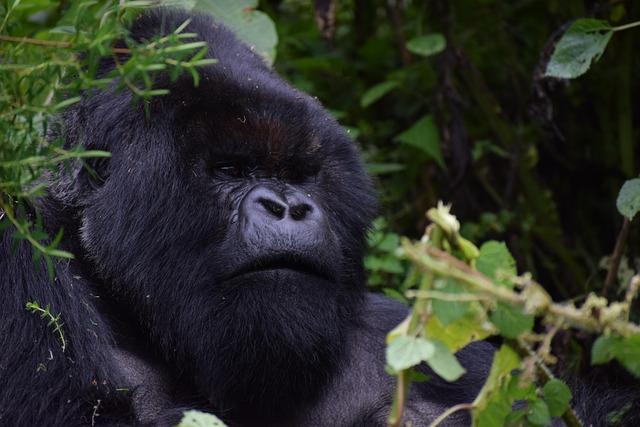
peacekeeping Contributions: rwanda’s Growing Role in African Security Initiatives
Rwanda’s commitment to peacekeeping and security initiatives in africa has evolved significantly over the years, positioning the nation as a pivotal player in regional stability. The Rwandan Defense Forces (RDF) have participated in various missions under the auspices of the African Union and United Nations,reflecting the country’s strategic approach to foreign policy.Rwanda has deployed troops for peacekeeping in conflict zones including the Central African Republic, South Sudan, and Mali, demonstrating its capability and willingness to intervene in crises. Key aspects of Rwanda’s peacekeeping contributions include:
- Rapid deployment and operational readiness in fragile regions.
- Commitment to a strong mandate for the protection of civilians.
- Training and capacity building for local security forces.
- Collaboration with international partners and organizations.
However, Rwanda’s expanding role in African security also brings inherent risks and challenges. Critics frequently enough highlight the potential for overreach and the implications of military involvement in foreign countries. The possibility of being drawn into protracted conflicts could strain Rwanda’s resources and complicate its diplomatic relations with neighboring nations. Additionally, Rwanda’s strategic alliances may raise concerns regarding human rights and internal governance.Below are some considerations surrounding these risks:
| Chance | Risk |
|---|---|
| Enhanced regional influence | Potential for unintended escalation |
| Access to international funding and support | Dependency on foreign backing |
| Strengthened military capabilities | Domestic distraction from internal issues |
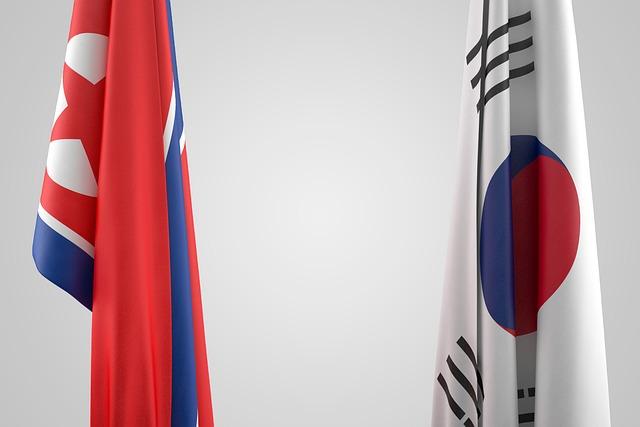
Geopolitical Implications: Balancing Influence Amidst Regional Tensions
Rwanda’s military expansion across the African continent is not merely a display of power; it embodies a complex interplay of diplomacy, security, and influence. As the nation seeks to bolster its role as a regional leader, it stands at the crossroads of emerging conflicts and alliances. The implications of this growing military influence extend beyond Rwanda’s borders, attracting both support and skepticism from neighboring states and global powers. Key factors influencing the geopolitical landscape include:
- Increased Security Cooperation: Rwanda’s partnerships with various African nations aim to combat terrorism and stabilize volatile regions.
- Potential Conflicts of Interest: Neighboring countries may perceive Rwanda’s military activities as a threat, potentially escalating tensions.
- International Relations: Rwanda’s alliances with powers such as China and the U.S. may shift the balance of influence within the continent.
As Rwanda navigates these complex dynamics, it faces the challenge of maintaining a delicate balance. A robust military presence may deter threats and enhance security, yet it risks drawing criticism for perceived aggression or neocolonialism. The nuances of this balancing act can be observed in the military engagements across various regions.The following table highlights Rwanda’s strategic military deployments and the associated regional tensions:
| Deployment Location | Purpose | Regional Reactions |
|---|---|---|
| Central African Republic | Peacekeeping and anti-rebel operations | Support from local governments, but suspicion from neighboring states |
| South Sudan | Stabilization efforts | Mixed reactions; reliance versus fear of dominance |
| Eritrea | Military training and cooperation | Concern from the Gulf and Horn of Africa nations |
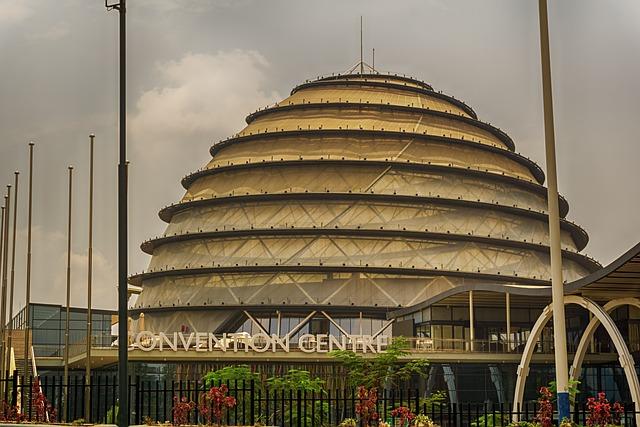
Opportunities for Collaboration: Engaging with Rwanda on Security and Development
as Rwanda’s military influence continues to expand across the African continent, there is a significant opportunity for foreign partners to engage in meaningful collaborations. These partnerships can foster stability and development, particularly in regions facing security challenges. Potential areas for collaboration include:
- Joint military Exercises: Engaging in training exercises can enhance cooperation and interoperability among armed forces.
- Intelligence Sharing: Establishing frameworks for sharing vital intelligence can help tackle transnational threats, such as terrorism and organized crime.
- Community Development Programs: Aligning military initiatives with local development goals can create a holistic approach to peacekeeping.
- Infrastructure Projects: Collaborating on critical infrastructure can bolster economic resilience and improve regional stability.
Nonetheless, engagement with Rwanda comes with its own set of risks that must be carefully managed. It is crucial for partners to consider the implications of their involvement in a nation that has faced criticism for its human rights record. To mitigate these risks, potential collaborators should focus on:
- Transparency in Operations: Ensuring that military and development operations are conducted transparently can help build trust with local populations and international observers.
- Human Rights Monitoring: Implementing mechanisms for the monitoring of human rights practices can safeguard against potential abuses.
- Cultural Sensitivity Training: Providing cultural education for foreign personnel can enhance relationships with local communities.
- Long-Term Commitment: Fostering sustainable engagement rather than short-term interventions will contribute to lasting peace and development.
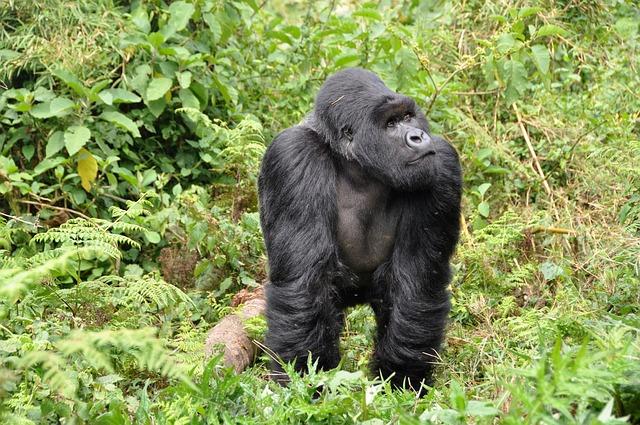
Assessing Risks: Understanding the potential Consequences of Military Growth in Rwanda
As Rwanda expands its military capabilities and influence across the African continent, several potential consequences must be critically assessed. Engaging in military growth can lead to increased regional stability, as a well-equipped military may deter aggression from neighboring states. However, this buildup could also provoke an arms race in the region, where neighboring countries may respond by enhancing their own military capacities, potentially leading to heightened tensions and conflict.Understanding these nuanced dynamics is essential for anticipating the broader implications of Rwanda’s military expansion.
The consequences of this military growth can be categorized into various sectors, each carrying its own implications for Rwanda and the region:
| Sector | Positive Consequences | Negative Consequences |
|---|---|---|
| Regional Security | Deterrence of conflicts | Potential arms race |
| Diplomatic Relations | Increased regional influence | Strained ties with neighboring nations |
| Economic Growth | Military partnerships fostering trade | Redirected funds from social programs |
while Rwanda’s military enhancement may offer opportunities for strengthening its national posture and influence, it necessitates a careful evaluation of the risks involved. The balance between a strong national defense and regional cooperation will be pivotal in shaping both Rwanda’s future and the broader African geopolitical landscape. The decisions made in this realm will resonate far beyond Rwanda’s borders,influencing the stability and security of the entire continent.
Insights and Conclusions
rwanda’s ascendant military influence across Africa presents a complex tapestry of opportunities and challenges that demand vigilant examination. As Kigali positions itself as a pivotal player in regional security dynamics,the implications for both domestic politics and international relations cannot be overstated. On one hand, Rwanda’s proactive stance in peacekeeping and conflict resolution fosters regional stability and promotes a narrative of modernization and progress. On the other hand, concerns about sovereignty, militarization, and the potential for overreach warrant a critical assessment of Rwanda’s ambitions.
As nations on the continent navigate this shifting landscape, understanding the intricate balance between Rwanda’s strategic interests and the perceptions of neighboring states will be essential. The path ahead is fraught with both potential alliances and emerging tensions, as the region grapples with its post-colonial legacy and seeks a balanced approach to security and development. Policymakers and analysts alike must remain attuned to the evolving narrative of Rwanda’s role in Africa, as it could significantly shape the continent’s geopolitical future.In this surroundings, the pursuit of clarity amidst complexity will be key to ensuring that both opportunities are leveraged responsibly and risks are mitigated effectively.

